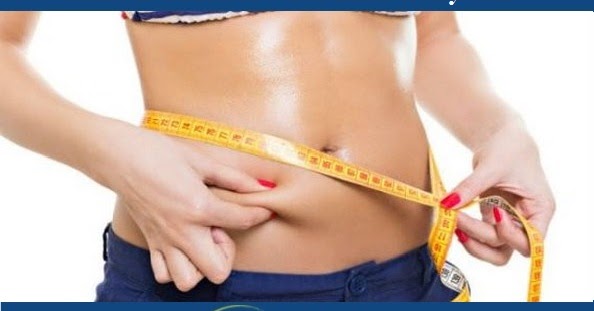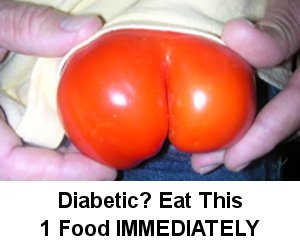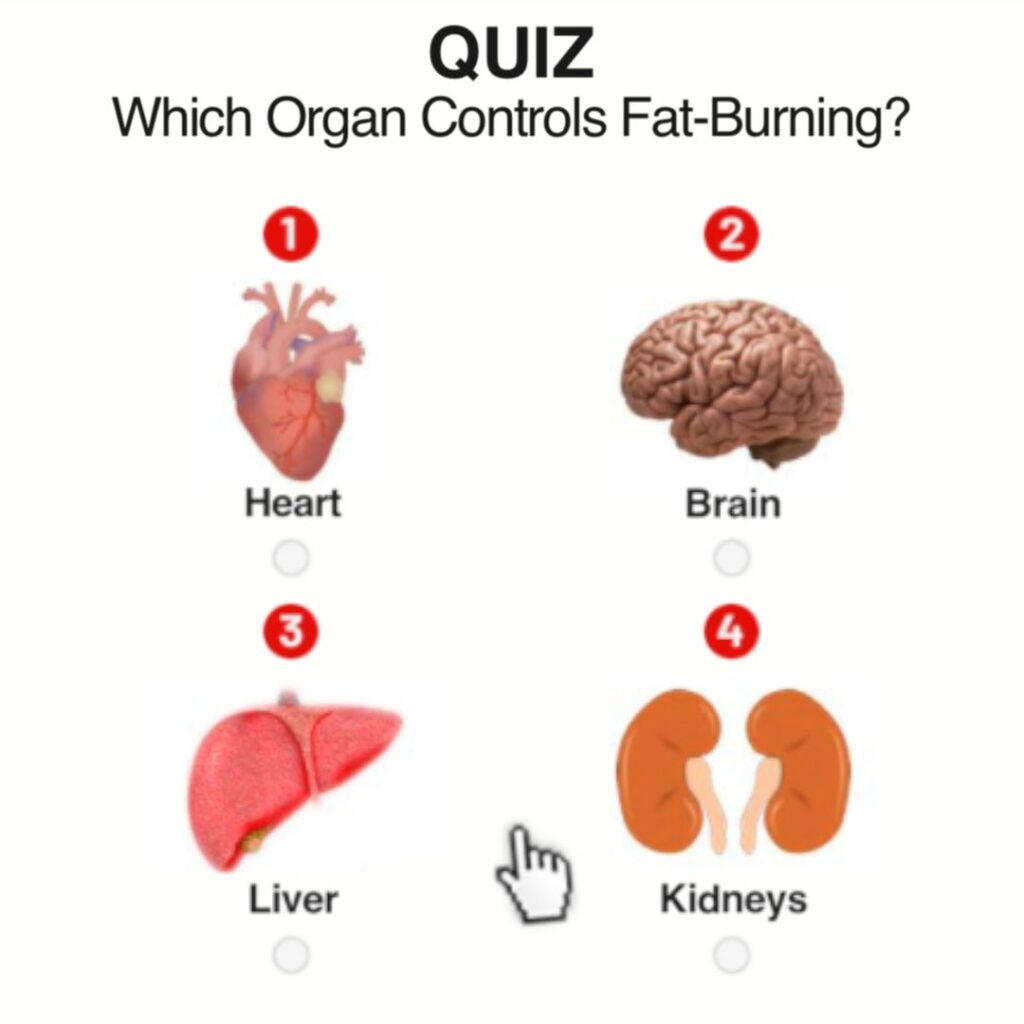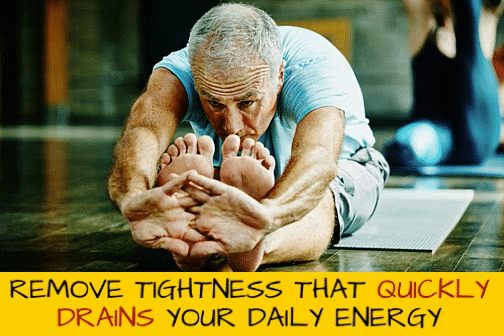6 Eating Mistakes That Undo Your Workouts
Training hard and not experiencing results is discouraging. Unfortunately, it occurs much too often. And the prime suspect is diet. You can follow the best training program on the planet, but if you don’t eat a proper diet to support it, you will not achieve the promised strength and muscle gains or fat loss results.
STACK asked several elite sports dietitians and nutritionists to tell us what mistakes commonly hold athletes back from reaching their goals. Here’s what they said:
Mistake 1: You Don’t Eat Enough
You can’t just drink a protein shake or take a supplement after a workout and expect results. If you don’t eat enough food during the day, you won’t experience gains. Actually, your body may burn muscle as a source of energy.
Brian St. Pierre, MS, RD, CSCS, sports dietitian and nutrition coach at Precision Nutrition, says, “It really comes down to simple math—if you don’t take in more calories than you expend, there are not enough resources left over for your body to add muscle.”
He recommends focusing on how your body responds to your diet and adjusting it to support your ultimate goal. “If your goal is to gain muscle, and you aren’t doing so, then you simply need to eat 250-500 more calories per day,” he says. “This would be like adding one to two palm-sized portions of protein-dense food, and one to two cupped handfuls of carbohydrate-dense food to your current intake.”
To find your starting point, St. Pierre provides the following chart, which can help you determine how many calories to eat based on your goal and activity level.

Mistake 2: You Eat Too Much
This one may seem obvious: if you eat too much food, you’ll get fat. But over-indulging can also decrease the quality of your workouts.
According to Amy Jamieson-Petonic, MEd, RD, CSSD, LD, sports dietitian and owner of Nutrition Today, eating a high-fat, high-calorie meal before exercise causes blood to shift to your digestive tract rather than flow to your muscles. “This type of heavy meal tends to increase gastrointestinal distress, which causes cramping, diarrhea or nausea, and that won’t help anyone’s game,” she says.
Leslie Bonci, MPH, RD, sports dietitian and a consultant for several professional and collegiate teams, concurs. To avoid making this mistake, she recommends these guidelines for eating appropriately sized meals in relation to the time before your workout.
- 3 hours before – full meal
- 2 hours before – small meal, such as a sandwich
- 1 hour before – big snack, such as a small bowl of cereal, yogurt or a small smoothie (8 oz.)
Working out on an empty stomach will decrease the quality of your workouts. You won’t be able to lift as much weight, perform as many reps or run at your full speed, which ultimately hurts your results.
“Eating on empty results in decreased strength, speed, stamina and concentration during your workout,” Bonci asserts. “Also, your body will burn both fat and muscle for a source of energy, which may negatively alter your body composition.”
Even if your goal is to burn fat, you still need to eat before a workout—or you won’t be able to train hard enough to cause fat loss.
According to Dr. Kim Stein, senior principal scientist at the Gatorade Sports Science Institute, it’s best to consume about 100 calories of easily digestible carbs 15 minutes before activity to fuel your body. She says, “Taking in a small amount of carbohydrate before you get started helps your body more effectively use additional fuel that you take in during activity.” Good options include a banana, pretzels or a sports drink.
Mistake 4: You Don’t Eat After Your Workout
A tough workout uses up your energy stores. You need to refuel after a workout so your body can recover and your muscles can grow. Jamieson-Petonic says, “There is a window of opportunity of approximately one hour after a workout when your muscles are primed to replenish glycogen and promote protein synthesis.” If you fail to eat during this window, she says, “You are depriving your body of a chance to replenish glycogen stores and heal tiny microscopic tears in the muscle tissue that occur from exercise.”
Plan to take in about 20 grams of protein and about 40 to 80 grams of carbohydrate. No, consuming more protein does not equate to bigger muscles. Your body is unable to process more than 20 grams at a time.
Try these post-workout recommendations from Jamieson-Petonic:
- One cup of non-fat Greek yogurt with fresh berries
- Turkey sandwich on whole grain tortilla with lettuce and tomato
- Sports drink and a protein bar
Mistake 5: Your Vitamin and Mineral Intake is Lacking
“There is a significant amount of research in athletes that finds [vitamin and mineral] deficiencies over and over again,” says St. Pierre. You may feel OK on a daily basis, but a deficiency can be creating underlying problems that decrease your ability to train or play hard, and recover properly.
He says most commonly deficient vitamins and minerals are vitamin D, magnesium, zinc and calcium, which can cause:
- Decreased immune system function
- Reduced testosterone levels
- Impaired brain function and coordination
- Less powerful muscle and heart contractions
- Reduced strength and endurance
- Increased likelihood of cramping
You get it. The consequences are serious.
To optimize your vitamin and mineral intake, your diet should, as a general guideline, consist of whole foods and emphasize fruits and vegetables. St. Pierre offers the following recommendations if you are deficient in any of the above vitamins and minerals.
- Vitamin D: Dairy, fish, eggs, mushrooms, fortified foods and sunshine (the best source)
- Magnesium: Fish, nuts, seeds, beans, leafy greens like spinach, and whole grains
- Zinc: Meat and fish, shellfish, seeds, whole grains and dark chocolate
- Calcium: Dairy, leafy greens like spinach, broccoli, nuts, seeds, beans and fortified foods
Mistake 6: You Follow a Diet That’s “Too Good to be True”
Fad diets promise incredible results. Given their popularity, it’s natural to wonder why the United States is experiencing an obesity epidemic. It’s because trendy diets don’t work, especially over the long term.
Most fad diets cut or limit carbs, which presents problems. First, carbs are your primary source of energy. Again, eating too few carbs can cause your body to use lean muscle as a source of fuel.
Second, eliminating a food group inevitably leads to binging. “I have seen many trainees follow a low-carbohydrate diet during the week and then ingest a huge amount of carbohydrate over the weekends,” says Scott Mendelson, a performance nutrition specialist and director of Infinity Fitness. “This often includes poor sources such as pastries, baked goods and other refined foods.”
On the flip side, there are now plans that call for carb-loading days, which are said to more effectively replenish your energy stores and boost your metabolism. But, according to Mendelson, that’s often not the case. “High carbohydrate intakes such as 300 to 400 grams in a day, or at times even higher, is a great recipe for body fat accumulation for a large percentage of the population,” he says.
So next time you see a diet that promises incredible results, take a close look at the plan. If it features balanced meals that include carbs, lean protein and healthy fats, then give it a try. If entire food groups or nutrients are eliminated, stay away.
Original post found at: http://www.stack.com/2014/08/26/eating-mistakes/P.S. In addition to the above eating mistakes I would like to add one more. Do not eat a heavy meal just before going to bed as this will cause you to feel sluggish and tired in the morning and also cause you to not have a restful sleep.
P.P.S. Visit Exercises for Diabetics Today for easy workouts you can start now . . . and be ten pounds lighter in five weeks.






